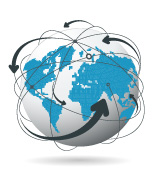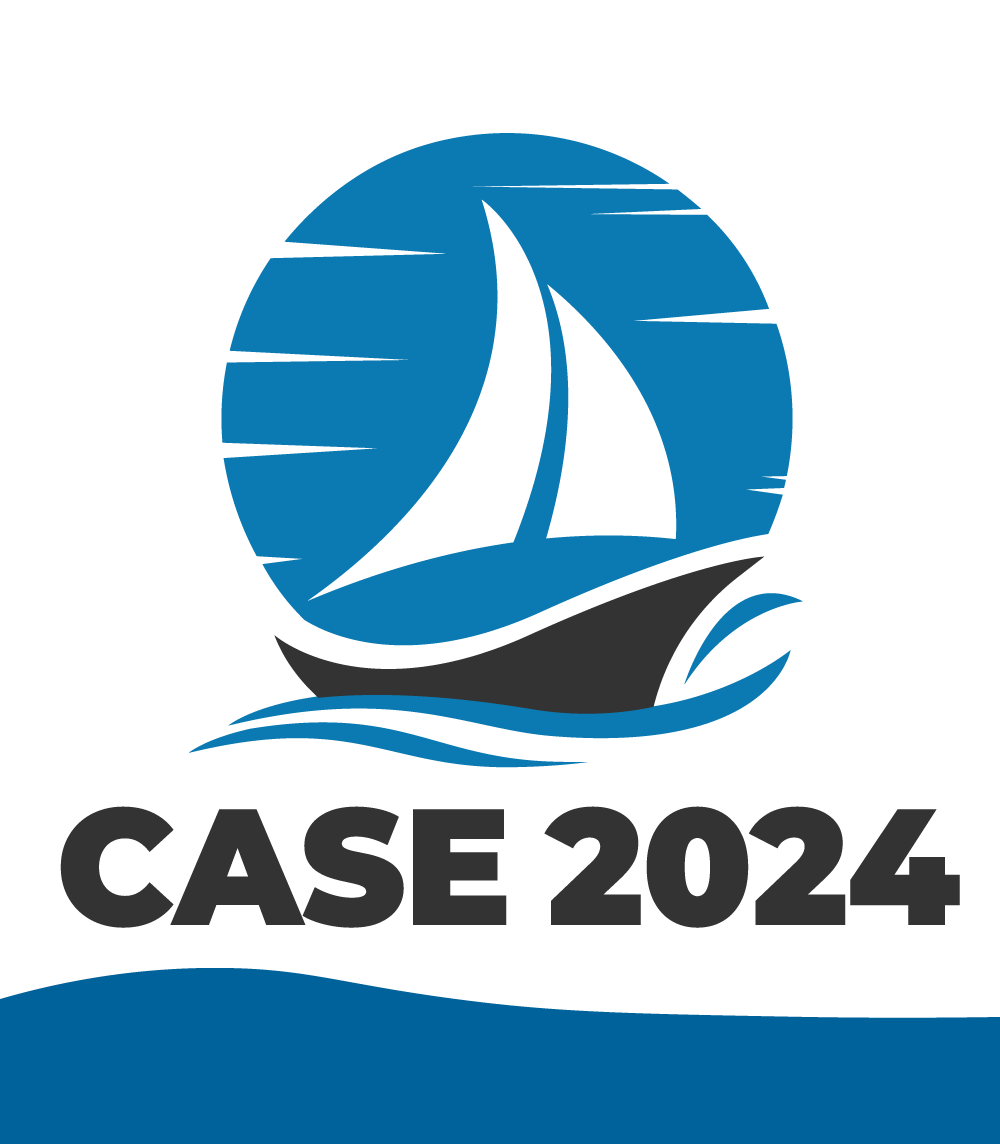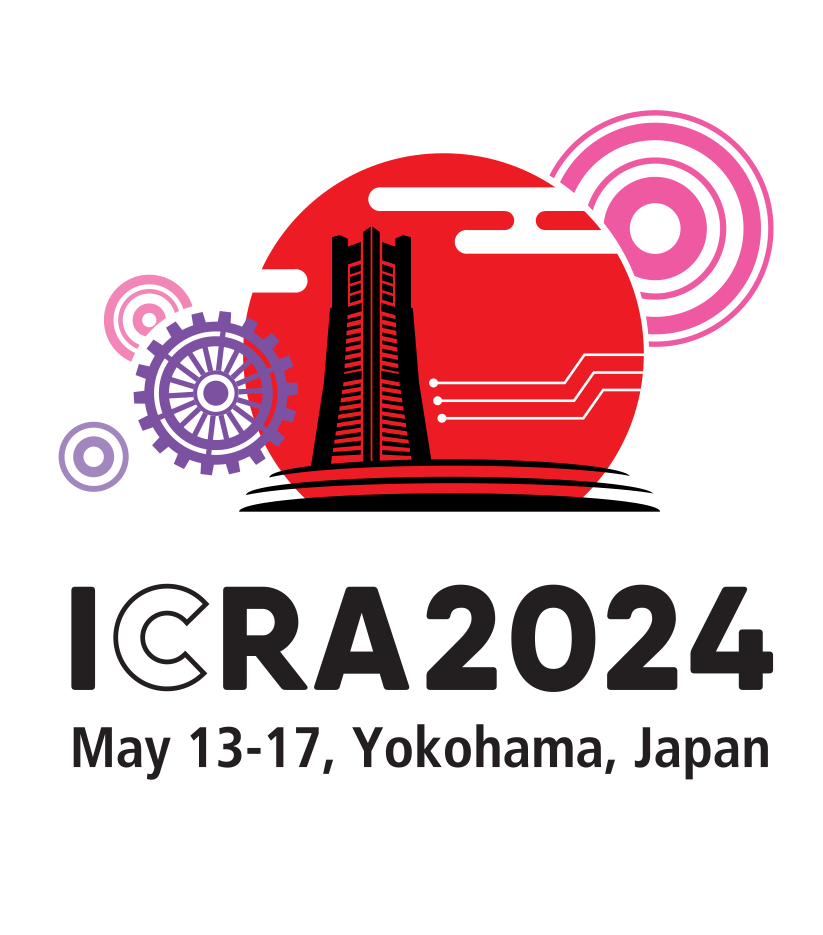CFP: Automation for Intelligent Welding Manufacturing
Note: This special issue is for RA-L with CASE 2019 conference option. Thus, papers will be considered for both publication in RA-L and publication/presentation at CASE.
Topical Area
Welding is a major manufacturing method in fabricating high-value-added product. Its automation is critical for competitive manufacturing as the working condition is harsh and skilled welders are in continuous shortage. According to the International Federation of Robotics, 50 percent of all robots used are for welding. Since manufacturing conditions are subject to changes, effective and extended use of robots and machines in welding/manufacturing largely depends on if capabilities are available to effectively sense and control the processes resulting in desirable automated intelligent welding manufacturing.
This special section aims to gather the latest developments and newest results in different areas related to automated intelligent welding to provide readers. Topics, that are the cores to establish the foundation for enhanced automation of intelligent welding manufacturing, include but are not limited to
- Innovative sensors and sensor networks for weld seam tracking, robotic welding, weld penetration monitoring, and weld pool monitoring
- Dynamic modeling of welding processes using conventional and neurofuzzy systems
- Adaptive/nonlinear/robust control of welding processes
- Advanced monitoring and learning of welding processes using machine vision and machine learning techniques
- Human-robot collaborative welding system, human welder modeling, and control, machine assisted human welder operation
- Numerical analysis of welding processes and structures toward optimal design of welding processes and procedures
Motivation
The proposed special section is motivated by successful organization of a few special sessions and workshops/conferences including the following recent two:
- Conference Title: 2018 International Conference on Robotic Welding, Intelligence and Automation (RWIA’2018) (http://rwlab.sjtu.edu.cn/RWIAandCCRW2018). Conference Chairs: Tzyh Jong TARN, Lin WU, Shanben CHEN, YuMing ZHANG. Dec. 7-10, Guangzhou, China.
- Special Session Title: Intelligent Welding Manufacturing. Organizers: YuMing Zhang, Zhili Feng, Shanben Chen. Conference: 2018 IEEE Conference on Automation Science and Engineering (CASE 2018), Munich, Germany, August 20-24, 2018
In addition, the organizers of this special section are also submitting the proposal for a special session on Intelligent Welding Manufacturing in the IEEE CASE 2019 to be held in Vancouver, Canada in August 2019. There have been 16 candidate papers as the initial responses to this CASE 2019 Special Session and these papers. These papers are also the possible candidate papers for this special section. Additional efforts will be made to reach to broader ranges of authors to contribute to this proposed special section.
Timeline
Call for papers: January 25, 2019
Submission opens: January 25, 2019
Submission closes: February 15, 2019
First Decision: May 12, 2019 (at the latest)
Final Decision: July 16, 2019 (at the latest)
Special Issue publication: Papers on IEEEXplore by August 4, 2019 (at the latest), Special Issue Introduction within one month later
Guest Editors

Shanghai, China

Oak Ridge (TN), USA

Lexington (KY), USA







